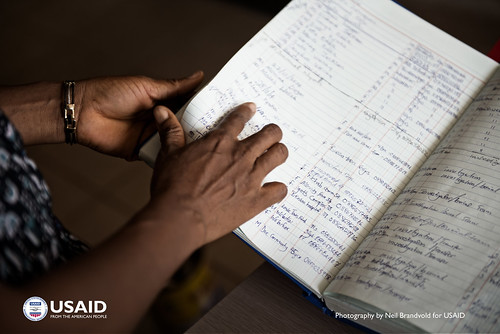The Veterans Administration will be using Natural Language Processing (NLP) for their medical records. It can be a powerful tool for searching for trends and getting the right people to the right treatments in a timely manner. That’s a gross oversimplification.
I know a bit about medical records1. I also happen to know quite a bit about Natural Language Processing, since I’ve worked with it in the context of documentation management.
And, as it happens, I know a bit about the developing world – the Caribbean and Latin America. And I know a bit about the hospitals in the region, where hand written records are kept, but lack the rigor and discipline necessary for them to truly be useful. I recently looked at the medical record of someone in Trinidad and Tobago, if you could call it that, since I found it odd that the Doctors and Nurses didn’t seem to communicate not only with each other but their own subgroups. I saw why.
I know of one doctor who keeps patient records in Microsoft Word documents – a step in the right direction.
There is an opportunity here for the developing world in general, but it’s a technology leap that must be undertaken with the discipline of good medical records in the first place. These delapidated medical systems, despite new buildings, need to have medical records that enable good care in the first place.
There’s no reason that medical care in the developing world should suffer; it can be done much more cheaply than in the developed world and with the advancements such as NLP already being implemented, it’s vacuous to build shiny buildings when the discipline of the medical records themselves should be paramount.
But then, maybe implementing electronic medical records properly would be a good start to building that discipline.
1Medical Records have interested me from my days as a U.S. Navy Corpsman, where we were assiduous about medical records – Doctor’s orders, nursing SOAP notes, lab results – all had their place within a folder. It was just on the very edge of the medical databases that the U.S. Navy rolled out. When I was at my first USMC command, myself and other corpsmen’s first job was to get the medical records ready enough to allow us to deploy – and it was an onerous task, with those who had gone before not having taken the records as seriously as they should. Later, I would work with a Reserve USMC unit at Floyd Bennet Field where I would be commended for my database work as related to their medical records.
